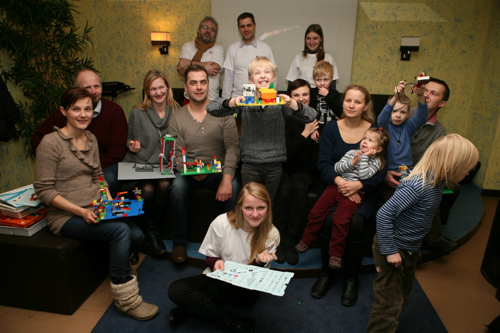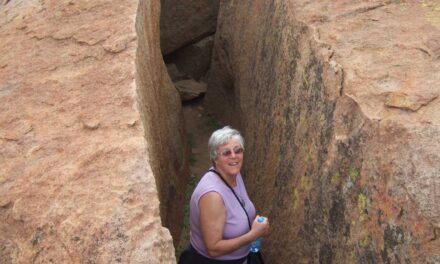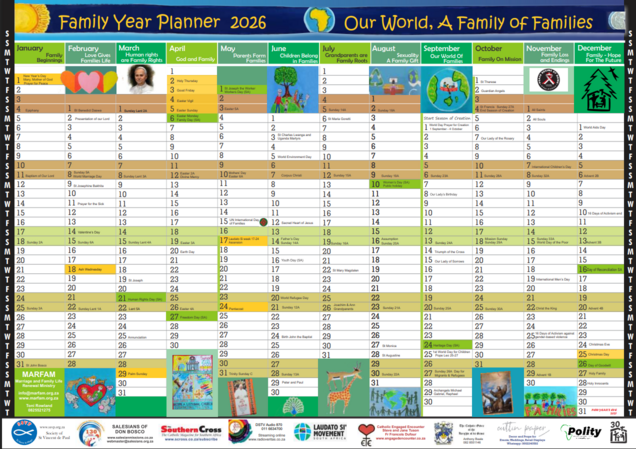Overview. Children belong in Families. Birth, childhood and growth into adolescence are the most vibrant stages in all of creation, human, animal and plant. Growth and regrowth can often be stressful and conflict-filled. However, ideally in any family, the young need conscious protection, love, care and support to monitor and direct their youthful energy towards full and responsible maturity. Pope Francis: It is true that the difficulties the youth experience in their own family can lead the young to ask whether it is worthwhile to start a new family, to be faithful and to be generous. I say that it is worth your every effort to invest in the family, there you will find the best incentives to mature and the greatest joys to experience and share. Letter to youth Pope Francis. Children once born begin to receive along with nourishment and care the spiritual gift of knowing with certainty that they are loved. This is shown to them through the gift of their personal name, the sharing of language, looks of love and the brightness of a smile. They learn that the beauty of human relationships touches our soul, seeks our freedom, accepts the difference of others, recognises and respects them as a partner in dialogue. Such is love, and it contains a spark of God’s love. AL 172. Pope Francis recently celebrated the 1st World Day for Children on Trinity Sunday. He asked them to pray for peace and for other children around the world suffering because of war.
Setting the scene. The reflections for this month are around children and youth with a family focus that was adopted by an imaginary PPC in a parish. Deacon Samuel took the programme under his wing to ensure that youth and parent relationships were uppermost throughout parish programmes as too often they are kept separate or addressed in isolation. Families, ideally as a unit, are encouraged to reflect and pray about God’s message to them at this time, using the new synodal method of Conversations in the Spirit, with attentive listening and open sharing. Scripture passages given are from the readings of the day with quotations from Pope Francis added. The Beatitudes form the basis on a number of the weekdays and can also be explored more deeply. We should involve young people directly in the life of society and of the Church so that they do not fall prey to feelings of frustration and rejection in the face of their inability to shape their own future, especially where they are vulnerable due to lack of education, unemployment, political exploitation and various kinds of addiction. Pope Benedict – Africa Munus 62.
June 1. Global Parents’ Day. Deacon Samuel discussed with the youth, “Authority is a very important thing that needs to be respected. The way some MPs have been behaving in Parliament shows disrespect for the structures and for the authority of the President. MPs can debate but the President alone has the authority to sign into law and law-enforcers have the authority to make people obey. However authority nowadays is quite widely undermined. Many laws are challenged, disregarded or broken at will. Just look at the traffic on our roads. Undermining of authority at such levels also undermines authority in families. When parents give an instruction children may think they can question or disobey. Punishment may follow but discipline and learning self-discipline is not possible if rightful authority is not respected.
Reflect, share, scripture: The scribes and elders came to Jesus and asked him, “By whose authority are you doing these things, and who gave you this authority to do them?” Jesus then asked them a question. Mark 11:27-33. Pope Francis. Moral education entails asking only those things that do not involve a disproportionate sacrifice and demand only a degree of effort that will not lead to resentment or coercion. By demanding too much we gain nothing. Once a child is free of our authority he or she may possibly cease to do good. AL 271. ACTION. Discuss and share on the issue of authority and discipline with children.







Recent Comments